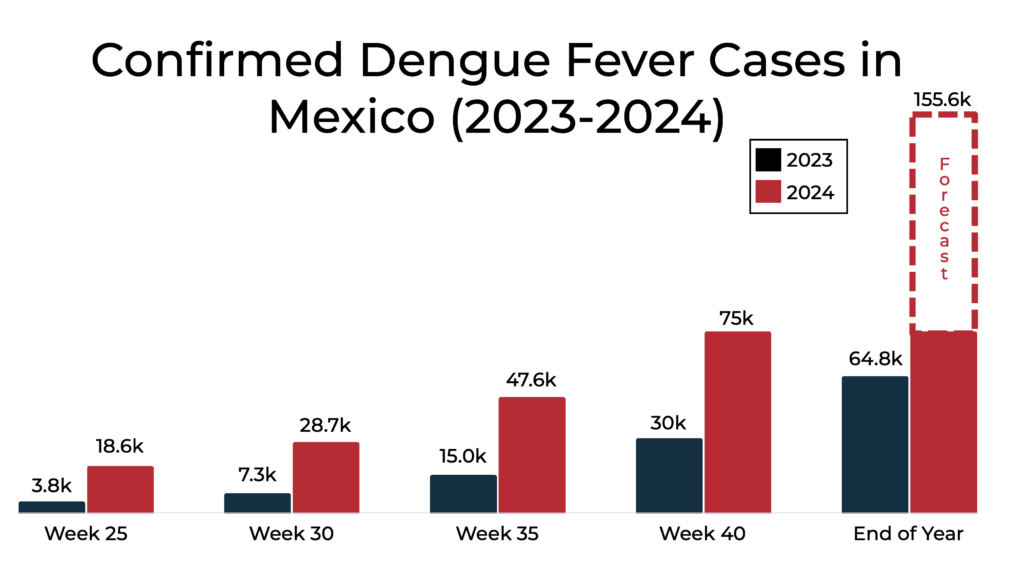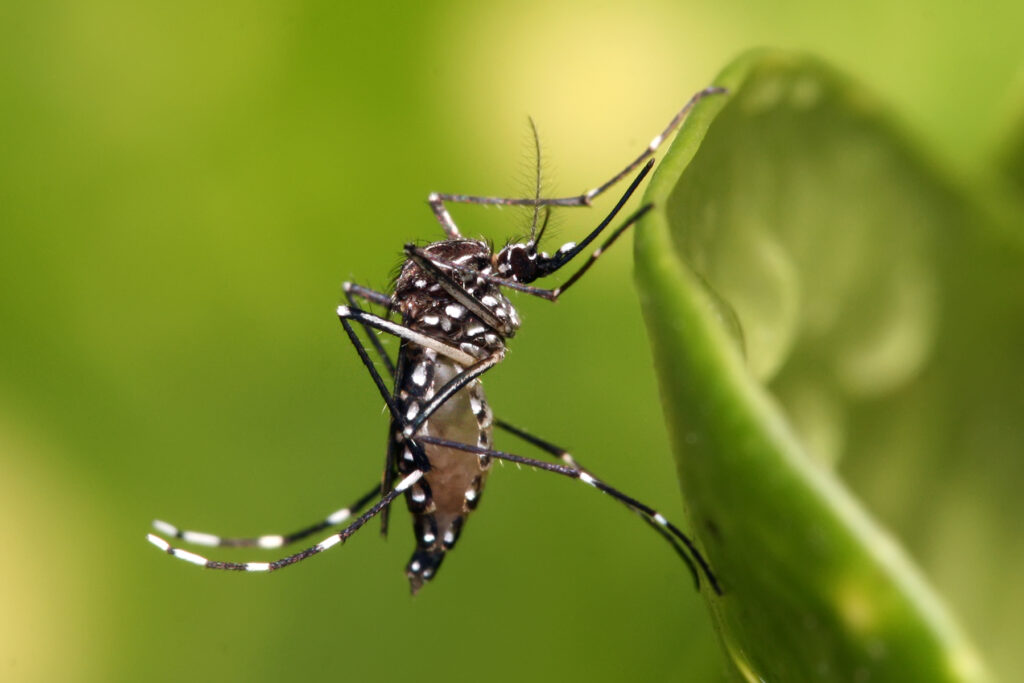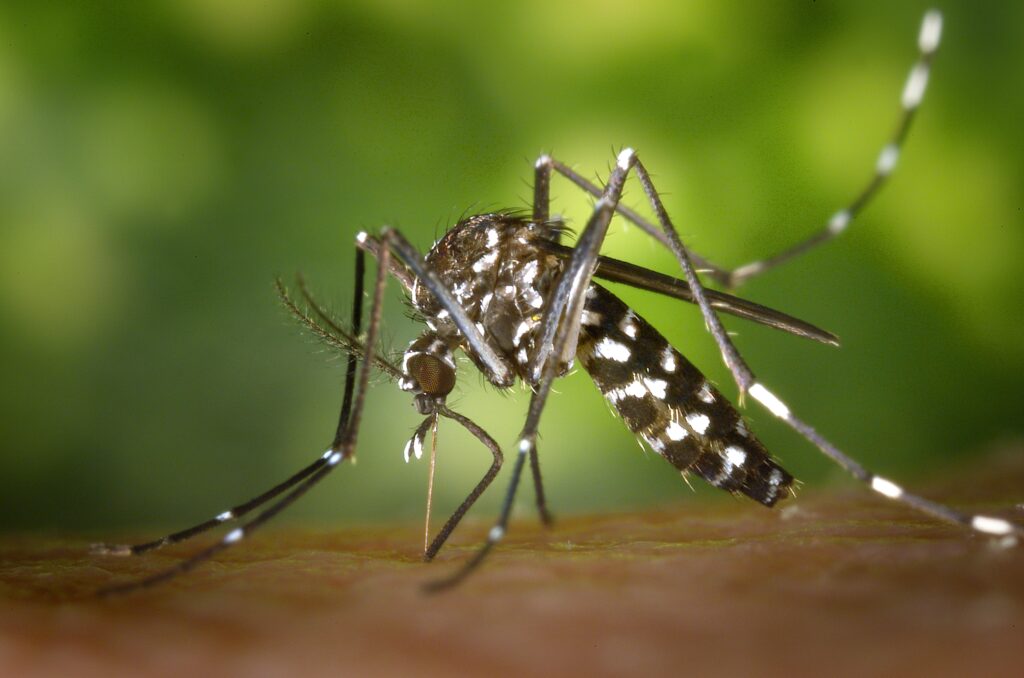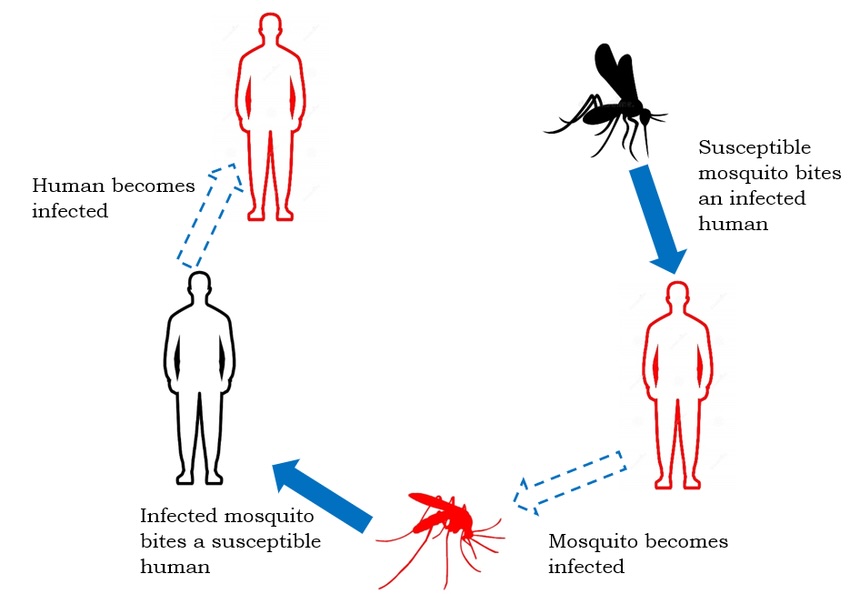According to the latest data from the Mexican Government Department of Health, diagnosed dengue fever cases are 300% higher than last year. As of the second week of October, there are over 70,000 confirmed cases, well past 2023’s grand total of 56,333 cases. With the Gulf of Mexico storm season in full swing, conditions will remain ripe for substantial mosquito population growth that is forecasted to lead to significantly more cases before the year is out.

Last year at this point in time there were 30,320 cases, compared with this year’s 75,076 cases.
What is Dengue Fever?
Dengue fever is a disease caused by a virus that is transmitted to people through a mosquito bite. It cannot be transmitted from person to person, and currently, there is no vaccine for it.
Dengue is common in tropical and subtropical regions such as Latin America, Southeast Asia, and Central Africa. It is especially prevalent in areas where water stagnates and mosquitos breed.
What Are Its Symptoms?



Symptoms can also include rash, nausea, vomiting, and muscle, bone, or joint pain.
Who Is Susceptible?
You have a greater risk of developing dengue fever or a more severe form of the disease if:
- You live or travel in tropical areas. Being in tropical and subtropical areas increases your risk of exposure to the virus that causes dengue fever. Especially high-risk areas include Southeast Asia, the western Pacific islands, Latin America and Africa.
- You have had dengue fever in the past. Previous infection with a dengue fever virus increases your risk of severe symptoms if you get dengue fever again.
How Is It Spread?
The two types of mosquitoes that most often spread the dengue viruses are common both in and around human lodgings. These are the Aedes aegypti, also known as the yellow fever mosquito, and the Aedes albopictus, known as the tiger mosquito.



The virus enters the mosquito when a mosquito bites a person infected with a dengue virus. When the infected mosquito bites another person, the virus is transmitted to that person’s bloodstream and causes an infection.
How Do I Protect Myself and My Family?
When it comes to Dengue fever, prevention is always the best strategy.



When outside wear pants and long sleeves to minimize exposed skin, and try to stay inside at dawn and dusk, when mosquitoes are most active. Wear a quality mosquito repellant, preferably one that contains at least 20% to 30% DEET.
If possible, keep doors and windows closed. If they must be left open because of the heat, be sure to install screens and check for any holes in existing screens. Another tip is to have a fan blowing on you, especially when sleeping. Mosquitoes are weak flyers and struggle to overcome even a soft breeze to reach and land on your skin.
Mosquitoes typically stay within an area of a few hundred feet their whole life, so clearing your yard of breeding spots can make a significant difference. Look for standing water in planters, old tires, or even small divots in concrete sidewalks. Mosquitoes can breed in just a few drops of standing water. Turnover, fill in or dispose of any potential water pooling objects.
How Is It Treated?
There is no cure for Dengue fever. Once infected, there are no anti-viral drugs available to shorten the course of the disease. The only treatment available is supportive therapy (fluid replacement, cooling blankets). Hospitalization and supportive care significantly reduce the risk of death or long-term post-infection symptoms. If you think you have been infected or show signs of infection, see a doctor immediately. The earlier you receive medical intervention, the better your chance of a full recovery.
